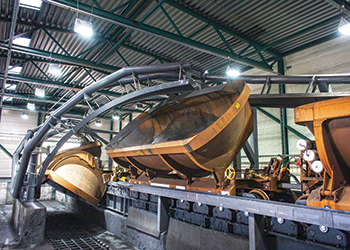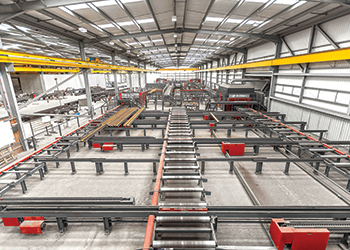
More than 53 per cent of the steel industry has reported an incidence of, what is believed to be, counterfeit steel products at some point in day-to-day operations, according to a study commissioned by the Steel Alliance against Counterfeiting (SAAC).
SAAC, formed in 2015 and made up of the world’s 18 leading suppliers of steel products, is working to drive awareness and identify solutions to the growing problem of fake steel in the region.
Market studies indicate that the total volume of tubular products in the Middle East and North Africa (Mena) market in 2016 reached 2,967,176 tonnes.
The research revealed that 79 per cent of construction industry professionals in the Gulf are in favour of tighter controls over the import of steel products from certain markets. Insights and feedback from 70 contractors, consultants and product suppliers from across the GCC were used for the study, which was released in May at a meeting of industry professionals.
Bertrand de Rotalier, managing director, Middle East, Vallourec, says: “We cannot emphasise enough the dangers of counterfeit material usage in our sector. This is the reason why members of SAAC are working together to apply preventive measures to fight the use of counterfeit tubular products.”
The SAAC is working with the industry to develop measures allowing it to detect counterfeit material and forged certificates. The alliance is also carrying out trans-border investigations and initiating legal action against counterfeiters, said the study.
“At SAAC, we believe that the private and the public sectors should work even more closely together to curb this illicit traffic of fake steel,” continues Rotalier.
“We have a number of concrete recommendations that we believe will help to reduce and possibly eradicate the presence of inferior and dangerous steel products,” he said.





















_0001.jpg)


.jpg)
















.jpg)








.jpg)




